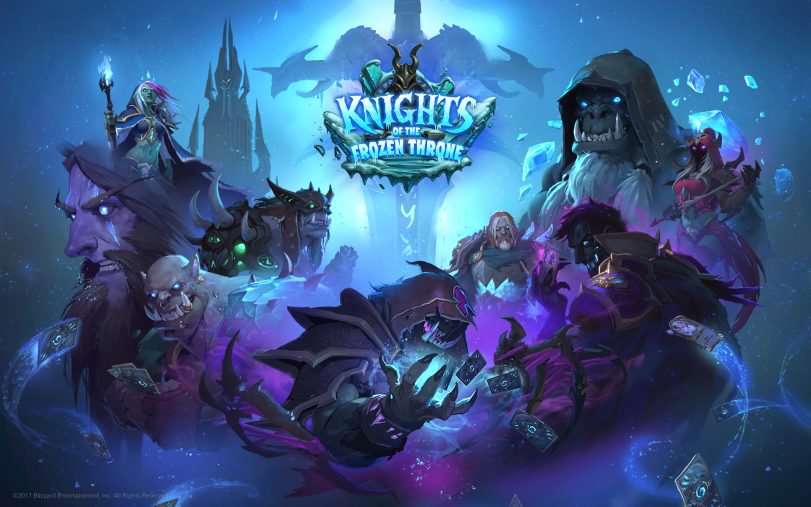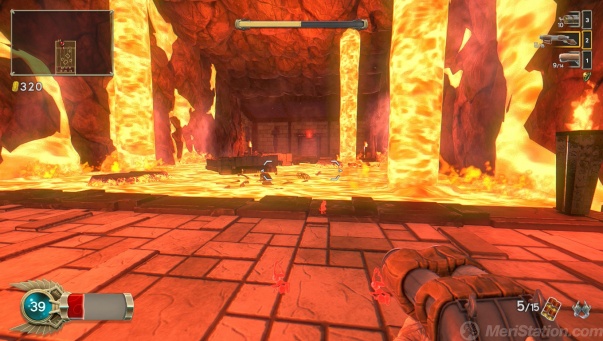The concept of being rewarded while playing a game is a fairly interesting one; after all, it’s not like people really need incentives to play games since, well, they’re games.
Of course, reward systems are now so ingrained into gaming that some developers and publishers can make millions of dollars of revenue by essentially doing nothing, oftentimes claiming that the money will go towards making free content for everyone.
True or not, perhaps the worst part is that even though everyone knows about the sometimes predatory nature of things like Overwatch’s Loot Boxes (which, frankly, aren’t that bad compared to some of the microtransactions that exist in free to play and mobile games), some people still spend obscene amounts of real money chasing that one cosmetic item, bringing up the question of what is the cause of this problem and what, if anything, can be done about it.
On the one hand, it is a bit of a “cultural” issue where everyone wants that shiny new thing right now. There’s nothing wrong with spending a couple of dollars here and there if you can afford it, but given how it is almost a guarantee that at the start of each of Overwatch’s events, there will be a fairly vocal group of people who bemoan how much time they have to invest into the game to get literally every single item while buying dozens upon dozens of Loot Boxes, perhaps some of the fault lies with the consumer.
That most of Overwatch’s events last for a full month means that most people, barring extreme circumstances, should be able to get at least one item of their choice, and if not, it’s not like the event is gone forever.
For that matter, there’s no real need to collect everything just for the sake of collecting them either. Then again, it is likely that there are always a silent majority of people who simply go about their business and play Overwatch without spending a dime on microtransactions.
However, some of the blame does fall onto the developers and publishers as well. Take, for instance, Hearthstone, Blizzard’s free to play card game that recently received the Knights of the Frozen Throne update, featuring 135 new cards.
You could, if you never touched Hearthstone before, jump into the game today with a fresh account, get a bunch of in-game currency, 15 free cards from the three promotional card packs you get from logging in, a free Legendary card, and whatever else you get from beating the tutorial segment.
You would also likely get absolutely, unquestionably demolished if you tried to play against other people with the basic cards that the game hands to you at this point in the game’s lifespan, but that is to be expected. If you look at The Elder Scrolls Legends though,
Bethesda’s competing free to play card game that received its Heroes of Skyrim update some two months ago with 150 new cards, you may notice that one card game is a bit more generous than the other, despite the two having the exact same microtransaction system and refund value for unwanted cards and very similar crafting requirements for cards.

On the bright side, you can find some solace in the fact that some other poor Hearthstone player got this card and died instantly trying to play it
You don’t have to go far to see the divide in the two card games’ reward structures. Jump into The Elder Scrolls Legends as a new player, and you get a free, mildly viable deck complete with a handful of Heroes of Skyrim cards just for logging in. Complete the campaign, and you can almost make a viable budget deck from scratch if you wanted to that can kind of put up a fight against more experienced players if played correctly.
Meanwhile, in Hearthstone, you have to grind to a certain level for each class to get the non-refundable basic cards, and even then the decks that you can make from these cards may as well be trash-tier. For every three wins in Hearthstone, you get 10 gold.
For every three wins in The Elder Scrolls Legends, you get at least 15 gold and a free card. Want to craft a really cool Legendary card in either game? In Hearthstone, they cost 1600 dust, while in Legends, they cost 1200 soul gems. At the end of the month, if you placed high enough in Legend’s ranked mode, you are guaranteed at least one non-random Epic card, which by itself is worth 100 soul gems.
In Hearthstone, getting to a comparative “bare minimum” rank would get you a completely random premium Common card, which is worth 50 dust.
The list goes on, but at the end of the day, the crafting costs, rewards, free promotional gifts, and so on are decided by the developers; it just so happens that one decided to offer a larger carrot on a shorter stick, and in this case, the quality of the carrot actually matters since it’s not purely cosmetic this time around.
In other words, even in the same genre of games, developers can choose to implement a more lenient or a more punishing reward system, with the only difference being, for the lack of a better term, greed; there is nothing stopping Blizzard from giving new players more resources to be reasonably competitive in Hearthstone, at least in theory.
That being said, it’s not as if anyone can really fault Blizzard or any other company for trying to maximize their profits with Overwatch and Hearthstone, seeing as how that is the point of a business to begin with. Plus, it would be rather difficult to pin down what exactly would be considered a fair amount of resources for newcomers in a game like Hearthstone.
Realistically, it would be unfair to claim that any one entity is responsible for the proliferation of the cosmetic-microtransaction-reward complex, but in the end, it does fall onto the consumer to make smarter and or more responsible choices in the face of temptation.



